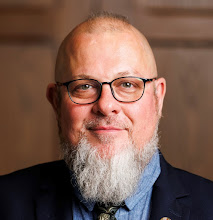These are just a few websites I have been able to find relating to "political science" as a career. I will update this article as I find more.
It is that time of year again for planning and organising one's professional goals. I found this website while thinking about the direction for my research and publishing this year. I must admit I am surprised to see that political scientists in the US earn more than their economics counter-parts.
"The median annual wage of political scientists was $107,420 in May 2010".
Source: Bureau of Labor Statistics, U.S. Department of Labor, Occupational Outlook Handbook, 2012-13 Edition, Political Scientists,
on the Internet at http://www.bls.gov/ooh/life-physical-and-social-science/political-scientists.htm (visited February 28, 2013).
I suspect this website is the Australian equivalent to the above. However, the career is lumped under the term "social professionals" on the Australian Government's "job outlook" website.
For the UK job outlook, this site seems to be most helpful, and the Canadian Political Science Association has this site.
I suspect this website is the Australian equivalent to the above. However, the career is lumped under the term "social professionals" on the Australian Government's "job outlook" website.
For the UK job outlook, this site seems to be most helpful, and the Canadian Political Science Association has this site.
 Donate
Donate












 The Political Flâneur: A Different Point of View
The Political Flâneur: A Different Point of View